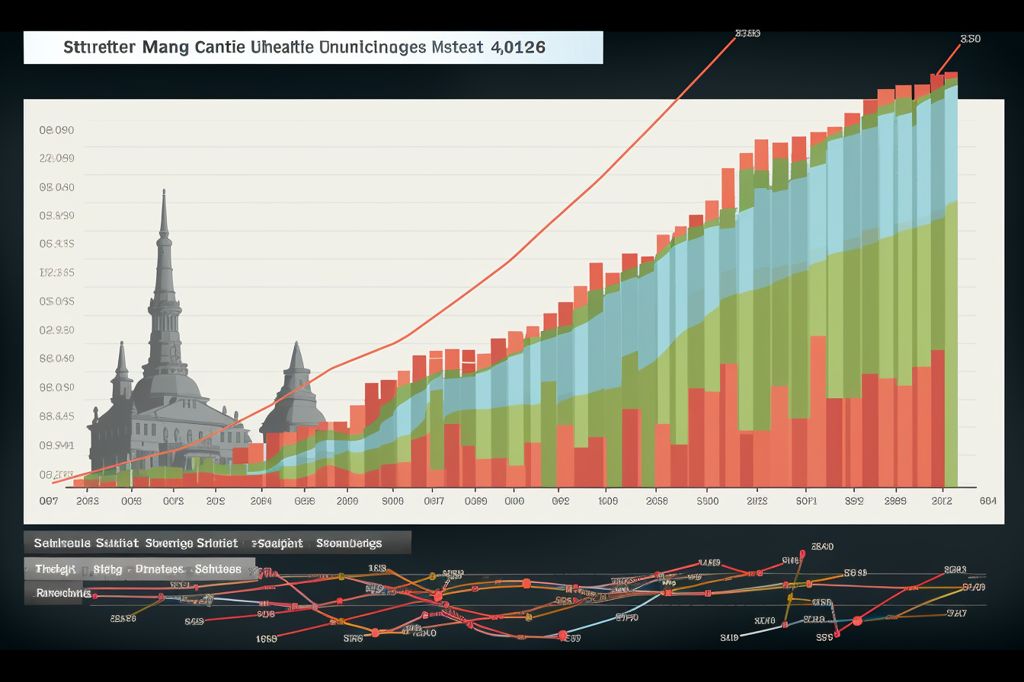The National Treasury of South Africa has recently released the fourth quarter local government revenue and expenditure report for the financial year 2022/23. This report is a crucial source of information for understanding the performance of municipalities and the challenges they have faced throughout the year.
Data Collection
The data for this report was collected using the Municipal Standard Chart of Account (mSCOA) data strings. These regulations ensure that municipal budget and financial information are uniformly recorded and classified at a transaction level. The mSCOA is an essential tool for provincial and national government oversight, allowing for the identification of potential challenges in budget implementation and conditional grant spending.
Compliance Challenges
While the credibility of mSCOA data has been improving over time, some municipalities still struggle with compliance due to incorrect usage, inadequate budgeting, and reporting practices. This has resulted in instances of unauthorized, irregular, fruitless, and wasteful expenditure. Additionally, some municipalities have reported inaccuracies in conditional grant spending despite National Treasury guidance issued in May 2022.
Key Trends
The report highlights several key trends, including:
- Cumulative municipal spending was 87.4% (R496 billion) of the total adjusted expenditure budget of R567.3 billion as at 30 June 2023.
- Aggregate operating expenditure amounted to R444.2 billion or 89.6% of the adjusted operating expenditure budget of R495.5 billion.
- Salaries and wages spending constituted 27% of the total adjusted operational expenditure budget, with a total expenditure of R133.6 billion or 92.1% as at 30 June 2023.
- Capital spending reached 72.1% or R51.9 billion of the adjusted capital budget of R71.9 billion.
- Aggregate year-to-date operating expenditure for metropolitan municipalities was 94% of the adjusted operating budget expenditure of R292.1 billion.
Revenue and Expenditure Performance
When billed revenue was measured against the adjusted budgets for core services, both metropolitan and secondary cities showed surpluses for the fourth quarter of the 2022/23 financial year. However, municipalities’ overall performance against their budgeted revenue and expenditure revealed a net underperformance of R40.3 billion for the financial year, indicating challenges in billing and generating sufficient revenue to cover budgeted expenditures.
Grant Spending
The report also highlighted the performance of municipalities in spending conditional grants, with a total of R44.1 billion transferred to municipalities and 76.1% reported as expenditure by National Transferring Officers (NTOs). However, municipalities themselves reported only 54.6% expenditure, indicating discrepancies in reporting and potential challenges in grant management.
In conclusion, the Fourth Quarter Local Government Section 71 Report is a valuable tool for understanding the financial performance and management of local government budgets in South Africa. While improvements have been made in data credibility and reporting, challenges persist in ensuring full compliance with mSCOA regulations and addressing the discrepancies in grant spending. This report serves as an essential tool for effective oversight and improved transparency in local government financial management, ultimately contributing to more efficient public service delivery.








